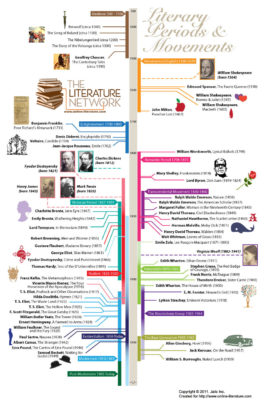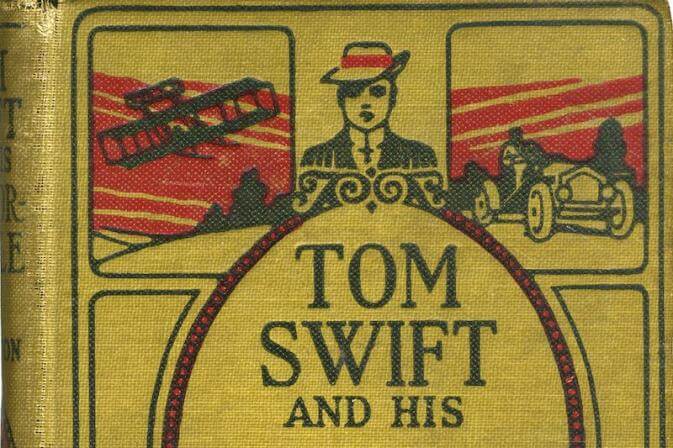January 2018 New OED Words
So let’s get to some of the new words that just entered the OED. What words have people been using frequently enough and long enough to convince editors they should be in the dictionary?
“Mansplain” made the list. It’s a combination of the word “man” with the last part of “explain” and means “a man’s action of explaining something needlessly, overbearingly, or condescendingly, especially to women, in a manner thought to reveal a patronizing or chauvinistic attitude).” I see that a lot on Twitter. I think I’ve only started hearing people use “mansplain” in the last four or five years, but the Oxford English Dictionary pins its first use to a LiveJournal post from 2008.
“Hangry” is another new word that I’ve only heard in the last few years, but the OED dates back much farther, all the way back to 1956. It’s a combination of “hungry” and “angry” and to me it is at least as useful as “levidrome.” I mean, I get angry easily when I’m hungry. Who doesn’t?
“Ransomware” is the kind of new word we get because of new technology or, in this case, new technology-related crimes. Ransomware is software that causes some kind of problem, like blocking access to your data, and demands you pay a ransom to fix it. What’s interesting about this word is that it looks like people used it infrequently starting in the 1980s to describe something I think of more as freeware—software that gives you limited access to features free and a full set of features if you pay—but the OED didn’t add the word until this update because it’s now being used frequently to describe the more malicious type of software.
“Snowflake” is another new word or at least a new sense of the word. And what’s interesting to me is that I remember how this word has evolved. It’s been around since 1983, but back then it was a good thing. A snowflake was a special person in a good way. It played on the idea that every snowflake is unique and was used to describe how people, especially children, are all special, cherished, and unique. I distinctly remember President George W. Bush talking about “snowflake babies” who came from frozen embryos left over from in vitro fertilization.
But then people seemed to get annoyed by the idea. For example, in the 1996 book “Fight Club,” the men embrace the philosophy as part of their indoctrination that “You are not a beautiful and unique snowflake. You are the same decaying organic matter as everyone else.” In my mind, “snowflake” ended up falling into the same category as participation trophies.
And then, more recently, “snowflake” has become an insult, a description of someone who is “overly sensitive or easily offended.” And it’s been used often enough and long enough that the editors at the OED believe it needs to be in the dictionary.
The final one I’ll talk about is “Tom Swifty” because I’ve actually been meaning to write about Tom Swifties for a few years. These are a type of joke that goes back to a children’s book series with a main character named Tom Swift. These science-fiction and adventure novels, created by the same man responsible for the Bobbsey Twins, the Rover Boys, Nancy Drew, and the Hardy Boys, were known for their avoidance of the bare word “said.” Tom did not just “say” things. Instead he said enthusiastically, he said bravely, he said happily, he said morosely, and so on.
This led to word play—a type of pun—in which the adverb relates to what Tom was saying, as in the following:
“Welcome to my apartment,” Tom said flatly. (because “flat” is another name for an apartment)
“The thermostat must be broken,” Tom said hotly.
“Rover went to get the ball,” Tom said fetchingly.
“I’m being held captive,” Tom said guardedly.
The name “Tom Swifty” for this kind of joke dates back to 1963, and the OED finally felt it was time to give the name its due.
All in all, more than 1,100 new words were added in this dictionary update, and I’ll put a link to the whole list on the transcript of this podcast at the Quick and Dirty Tips website.
It’s interesting to watch spellcheckers try to catch up too. My spellchecker knows “mansplain” and “ransomware,” for example, but it doesn’t know “hangry.”
Mignon Fogarty is Grammar Girl and the founder of Quick and Dirty Tips. Check out her New York Times best-seller, “Grammar Girl’s Quick and Dirty Tips for Better Writing.”







